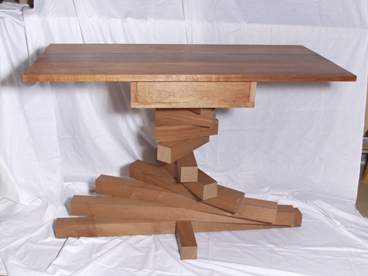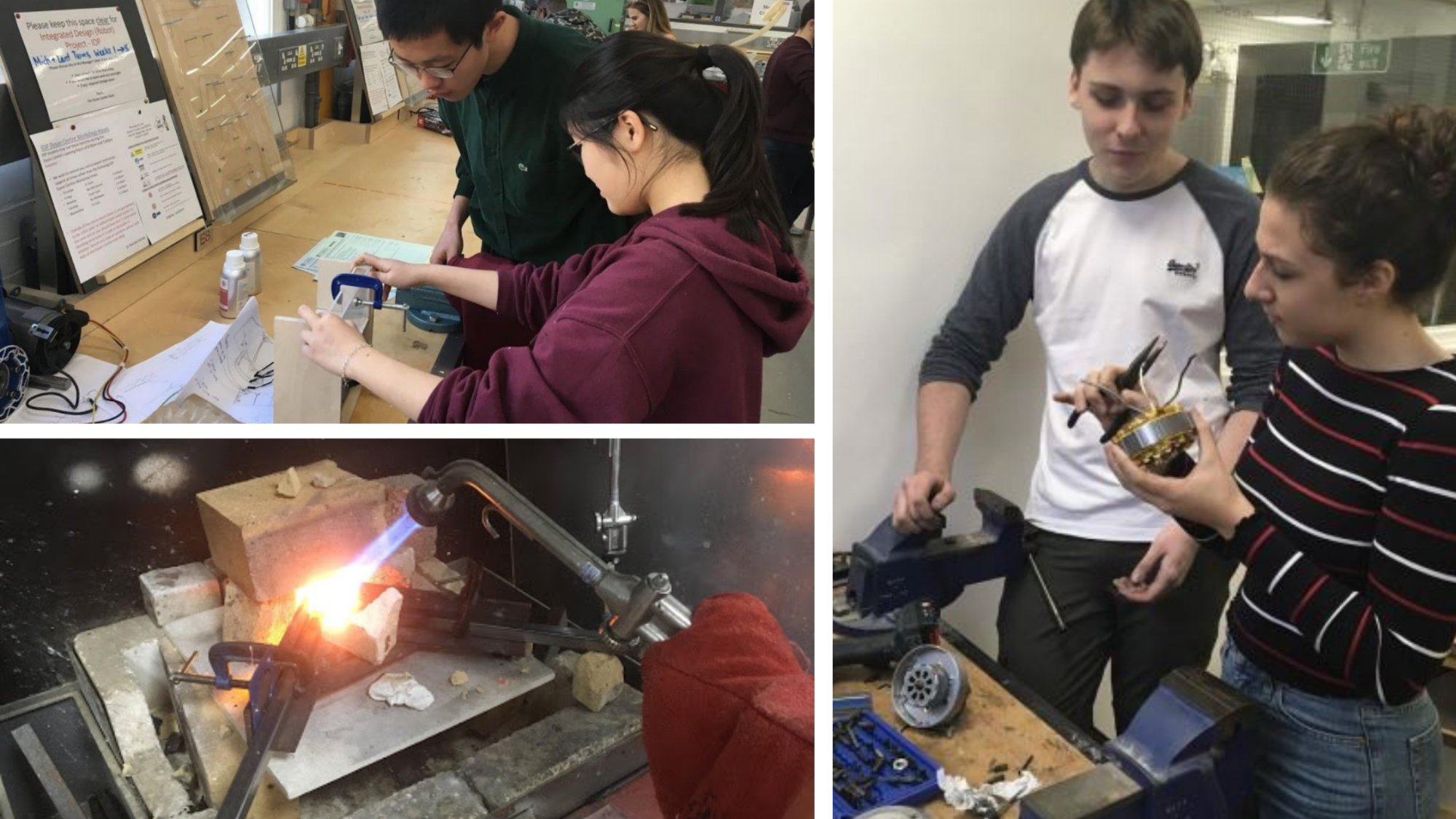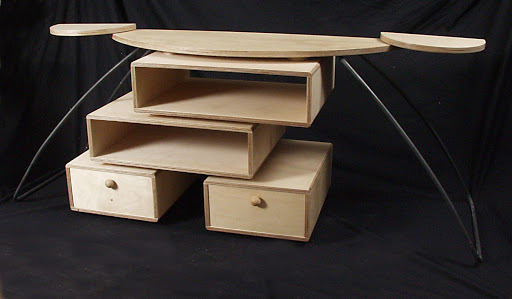
Design Technology
AQA A level Design Technology (Product Design) 7552
 This creative and thought-provoking qualification giving students the practical skills, theoretical knowledge and confidence to succeed in a number of careers, especially those in the creative and STEM industries.
This creative and thought-provoking qualification giving students the practical skills, theoretical knowledge and confidence to succeed in a number of careers, especially those in the creative and STEM industries.
For the A level qualification, students will:
- Investigate historical, social, cultural, environmental and economic influences on design and technology, whilst enjoying opportunities to put their learning into practice by producing prototypes of their choice.
- Acquire a greater depth of understanding of scientific and technological principles, develop skills in design and engineering to a high level.
-
Have opportunities to show an aptitude for project management and to develop skills in cutting edge technologies.
The students can also enjoy working in the department during our enrichment time exploring their own projects, or working in teams to solve real life practical problems. The department runs the national Engineering Education Scheme, where students form small teams to work with an outside company to solve an industrial, social or environmental problem.
Studying a D&T course sets students up for a huge variety of careers. Many of our students have moved into successful careers in product and industrial design, engineering and architecture. The range of learning available to the student supports practically all the STEM vocations.
Design Engineering Studios and Workshop
Design engineering centres around a well-developed workshop with a huge range of tools and equipment to allow students to tackle the most challenging and advanced projects. As well as a large range of hand tools there are metal and wood lathes, a laser cutter, 2 3D printers and CNC mill, sanders, power fret saws, drilling machines, a vacuum former and plastics oven, line benders and a brazing hearth/forge. There are three design studios which are fully equipped with desktop computers and drawing equipment and a quieter space to design and model ideas.

Course content
Content for paper 1:
- Materials and their applications
- Classification of materials
- Methods for investigating and testing materials
- Performance characteristics of materials
- Enhancement of materials
- Forming, redistribution and addition processes
- The use of adhesives and fixings
- Finishes
- Modern industrial and commercial practice
- Efficient use of materials
- Digital design and manufacture
- The requirements for product design and development
- Health and safety
- Protecting designs and IP
- Design for manufacture, repair and disposal
- Feasibility studies
- Enterprise and marketing
- Design communication
Content for paper 2:
- Design methods and processes
- Design theory
- Impact of cultural changes
- Product life cycle
- Design process
- Critical analysis and evaluation
- Selecting appropriate tools and equipment
- Accuracy in design and manufacture
- Responsible design
- Design for manufacture and project management
- National and international standards in design
Assessment
This qualification is linear so students will sit all their exams and submit all their non-exam assessment at the end of the course. There are two papers and a non-examined element.
Paper 1. Technical principles: written exam 2½ Hours 30% A level. Short answer and extended response.
Paper 2. Designing and making principles: written exam, 1½ hours, 20% of A level. Short answer and extended response.
Section A:
- Product Analysis: 30 marks
- Up to 6 short answer questions based on visual stimulus of product(s).
Section B:
- Commercial manufacture: 50 marks
- Mixture of short and extended response questions
Non examined element
Practical application of technical, designing and making principles. Students will need to produce a:
 Substantial design and make project
Substantial design and make project- 50% of A-level
- Submitted as an electronic portfolio with photographic evidence of the final prototype (suggested 35 A3 pages)